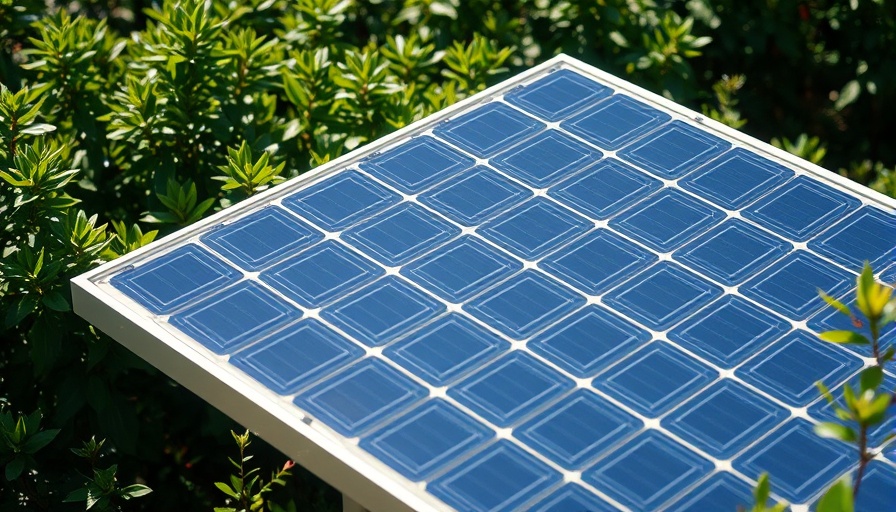
Unlocking Savings: Essential Strategies to Reduce Your Energy Bills
Homeowners looking to boost their sustainability quotient while cutting costs often find that monthly utility bills pose a significant challenge. Utility costs can add up quickly, reflecting a sizable portion of your household spending and can create a considerable impact on your budget. Fortunately, integrating energy-efficient practices into your home can lead to impressive savings, sometimes slashing your electricity costs by up to 25%.
With many practical strategies at one’s disposal, this article will delve into the 20 proven approaches to lower your energy bills while fostering a sustainable lifestyle.
Simple Changes for Immediate Savings
The first area to focus on is your lighting. Traditional incandescent bulbs are notorious for wasting energy. Switching to LED bulbs, which can last up to 25 times longer and use at least 75% less energy, can save an estimated $225 over the course of a year as highlighted in recent studies. Moreover, the Energy Star label ensures that the products you’re buying meet strict efficiency guidelines, making it a reliable choice for environmentally conscious consumers.
Water Heating: A Hot Topic for Savings
Your water heater can account for nearly 17% of your home's energy consumption. Lowering the temperature on your water heater from the typical 140 degrees to 120 degrees can save you up to 22% annually on your energy bills. This simple adjustment can translate into substantial savings without compromising comfort when washing clothes or showering.
Seal the Deal: Ensuring Energy Efficiency
One of the most overlooked areas of energy conservation is preventing air leaks. A sizeable portion of energy loss can occur through improperly sealed windows and doors. By taking time to weather-strip and caulk these seals, you could save up to 20% on heating and cooling costs, as identified by energy experts. Regular evaluations by a professional can pinpoint hidden leaks and maximization opportunities for efficiency improvements, resulting in lower bills and improved home comfort.
Smart Thermostats: The Technological Advantage
Installing a smart thermostat is a worthwhile investment for efficiency enthusiasts. With the ability to program temperatures based on your daily routines, this handy device can save you approximately 10% on your heating and cooling costs. There’s a growing trend among homeowners opting for these devices which automatically adjust your home’s temperatures when you are away, further streamlining your energy savings.
Small Changes in Daily Habits Matter
Implementing routines like taking shorter showers or washing clothes in cold water can incrementally decrease your bills over time. Switching to energy-efficient appliances further amplifies these savings. Modern appliances not only consume less energy but can also enhance the resale value of your home due to their popularity among buyers who prioritize sustainability.
Exploring Additional Incentives
Many utility companies offer incentives for energy-efficient upgrades such as rebates or reduced rates during off-peak hours. Inquiring about these options during your next utility account review can yield excellent savings opportunities. An annual energy audit, potentially covered partially by tax credits, is another intelligent way to identify areas needing improvement.
The Road Ahead: Shaping a Sustainable Lifestyle
In conclusion, as eco-conscious homeowners, implementing these practices isn't just a path towards saving money but also making a significant impact on our planet's health. The importance of energy efficiency transcends mere fiscal responsibility; it is an integral part of fostering a sustainable future for all. As you apply these strategies, not only will you witness a decrease in your energy bills, but you will also contribute positively to environmental conservation.
Join the movement towards responsible energy consumption and see the benefits materialize in your life. Start today by evaluating one or two of these strategies and engaging with local energy programs!
 Add Row
Add Row  Add Element
Add Element 


 Add Row
Add Row  Add
Add 


Write A Comment